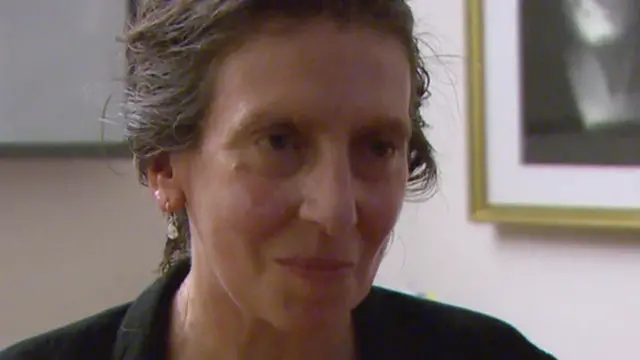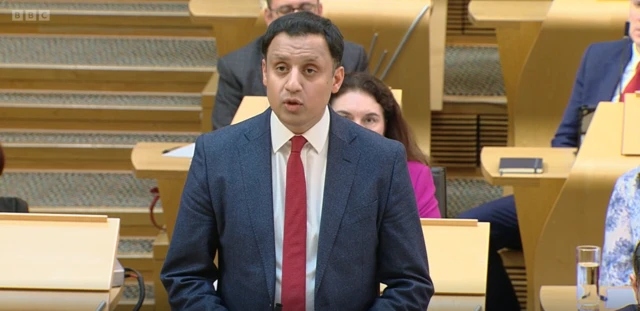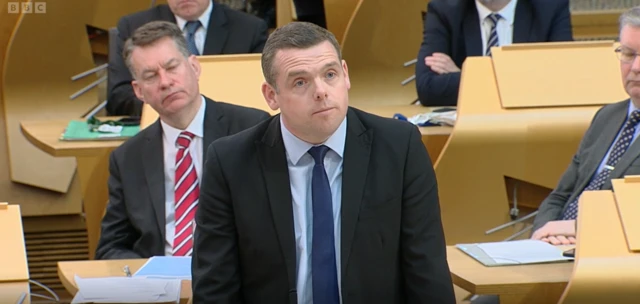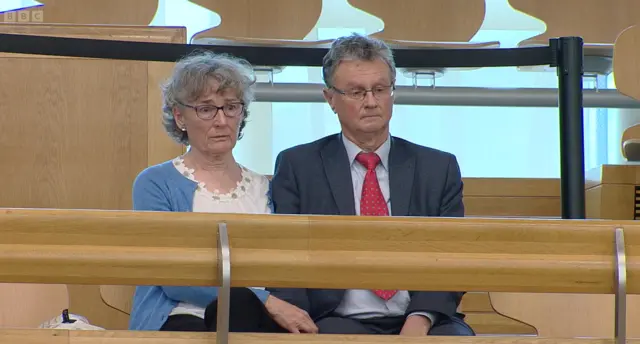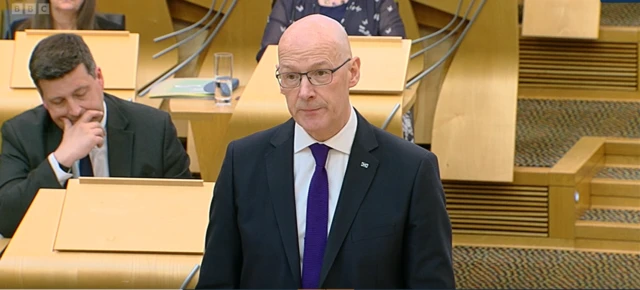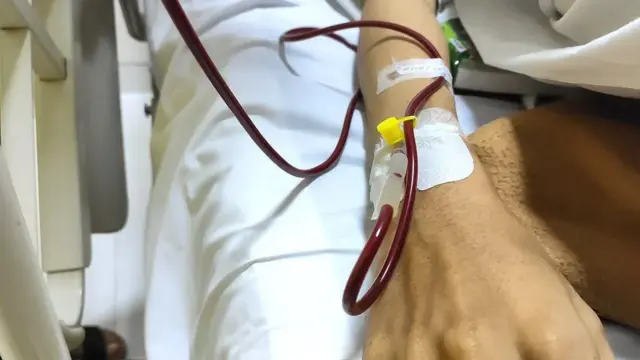FM apologises to victims of blood scandal - The headlinespublished at 15:54 BST 21 May 2024
That ends our live coverage of the first minister's statement on the Infected Blood Inquiry. Here's the headlines:
- John Swinney formally apologised to everyone affected by the infected blood scandal in Scotland
- The first minister said "unimaginable suffering" had been endured by around 3,000 Scots who were infected by contaminated blood products and transfusions between the 1970s and 1991
- More than 30,000 people across the UK were infected with HIV and hepatitis due to contaminated blood products over a period of more than 20 years
- The inquiry's damning report concluded that a catalogue of failures in government and the NHS had exposed patients to "unacceptable risks"
- The first minister today followed Prime Minister Rishi Sunak in apologising to those affected, saying families had endured decades of unnecessary heartbreak
- He said governments would work together on a compensation scheme, and that he was determined that lessons would be learned so that a tragedy like this could never happen again
You can read more about this story here.
The editor was Paul O'Hare. Katy Scott and Craig Hutchison were the writers. Thank you for joining us.
